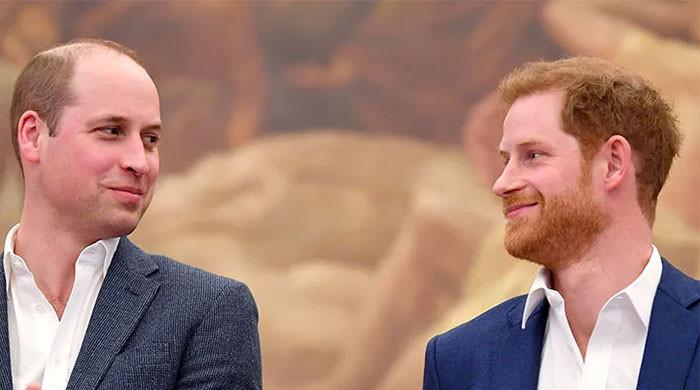High-performing athletes and coaches recognize that mental preparation is just as important as physical preparation in order to achieve athletic excellence, and they are turning to mindfulness practices to improve workouts, recovery, and competition performance, as well as to cope with daily life pressures. Fortunately, there are a plethora of materials accessible that feature a number of techniques that may be employed to assist players and coaches in their pursuit of optimum performance in sports and activities.
Mindfulness techniques have been demonstrated in studies to improve overall health for both emotional and physical well-being, as well as to modify the brain and behavior, which may lead to greater focus, concentration, and athletic performance. Improved mental focus can mean the difference between success and failure for your client, whether he or she is a professional, elite, or amateur athlete, or merely a weekend warrior.
Mindfulness Practices and Concepts
Positive Self-Talk and Positivity
Most of us have a constant mental monologue going on in our heads. The key to using positive self-talk to increase performance and manage anxiety is to be aware of your inner monologue and focus on how to effectively regulate it to obtain the greatest results. Individuals must pay attention to their inner dialogue in order to identify negative self-talk and, over time, learn to shift the narrative and tone to positive affirmations. As an example:
Negative self-talk: “I’m too lazy to wake up early for morning workouts.”
Positive self-talk: “I can and will get to bed early in order to be ready for early morning workouts.”
Yoga
Yoga, which literally means “union of mind and body,” is a physical mindfulness practice that has been shown to help people of all ages. There are numerous yoga practices accessible, and athletes may need to determine which yoga style is most suited to their individual sport. Powerlifters, sprinters, and other athletes involved in high-intensity sports, for example, may benefit from slower yoga practices. Restorative yoga is another healing practice that employs supported postures sustained for prolonged periods of time; this style of yoga promotes rest and relaxation while also assisting in the release of stress in the body and mind.
Yoga Nidra, which translates to “yogic sleep,” is a passive technique that incorporates the use of a guided meditation that puts you to sleep and promotes profound mental relaxation. It is intended to train the conscious mind to remain alert while delving deeply into various degrees of dream and sleep states. When this happens, the brain and body are entirely relaxed, and the benefits of sleep are realized, but in a much shorter period of time.
Journaling
Journaling is widely recognized as a method of fostering wellness. While many athletes keep a training log, journaling is a mindfulness technique that can help athletes go to an internal space to figure things out and deliberate on how to reach future goals. Journaling is a written description of an athlete’s perceptions and reflections on their performances, accomplishments, and failures. Journaling also allows athletes to investigate their inner lives and make adjustments in their outer lives, resulting in increased self-awareness, confidence, and personal progress.
Meditation
According to research, meditation may provide advantages compared to standard therapy for some people. The researchers were able to pinpoint the physical changes—on a molecular level—that occur as a result of mindful meditation practice, so expanding our understanding of how a consistent meditation practice boosts overall health, reduces stress, and improves performance in athletes. Meditation can also help athletes overcome negative thoughts and sports anxiety, allowing them to concentrate on their skills in the current moment and perform better.







